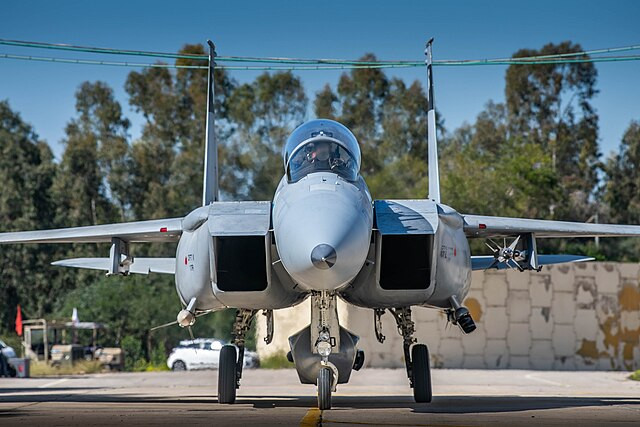Tensions along the Israel-Lebanon border escalated sharply this week as Israeli forces fired on positions held by the United Nations Interim Force in Lebanon (UNIFIL), resulting in injuries to peacekeepers and heightened concerns over the region's stability. The attacks occurred as Israel intensified its military operations against Hezbollah, the powerful Iran-backed militant group, in southern Lebanon.
The United Nations reported that Israeli tanks fired on three of its peacekeeping positions in southern Lebanon, including a direct hit on a watchtower at UNIFIL's headquarters in Naqoura on Thursday, injuring two peacekeepers. "Any deliberate attack on peacekeepers is a grave violation of international humanitarian law," UNIFIL stated, calling for accountability and emphasizing that the safety and security of UN personnel must be respected at all times.
The flare-up in violence comes amid a broader Israeli offensive targeting Hezbollah, which has seen airstrikes and ground incursions escalate significantly over the past few weeks. The conflict, which began a year ago with Hezbollah's support for Hamas during the Gaza war, has now developed into an intense military confrontation, with Israel launching repeated attacks on Hezbollah strongholds in Beirut's southern suburbs, the Bekaa Valley, and southern Lebanon.
UNIFIL, which has been operating in Lebanon since 1978, is tasked with maintaining peace along the volatile Blue Line-a demarcation intended to separate Lebanese and Israeli forces. The peacekeeping mission was expanded in 2006 following the last major conflict between Israel and Hezbollah. However, the latest hostilities have tested the limits of UNIFIL's role, as both Israeli and Hezbollah forces continue to engage in cross-border skirmishes.
In addition to the direct attacks on peacekeepers, UNIFIL reported that Israeli forces also disabled monitoring cameras and damaged communications systems at their observation posts. An IDF drone was observed flying near the UNIFIL positions, further exacerbating concerns over the safety of peacekeeping forces in the area.
Hezbollah has not stood idle in the face of Israel's aggression. The militant group launched a missile salvo at Israeli forces near the Ras al-Naqoura border area on Thursday, directly hitting them as they attempted to extract their casualties. The group's sustained rocket fire into northern Israel has resulted in dozens of civilian casualties and significant damage to infrastructure, intensifying fears of a broader regional conflict.
Lebanese officials have reported that more than 2,100 people have died in Lebanon due to Israeli airstrikes in the past year, with the majority of casualties occurring in the past few weeks as the conflict escalated. The strikes have led to a humanitarian crisis, with over one million people displaced and critical infrastructure heavily damaged.
In response to these developments, Lebanese Prime Minister Najib Mikati has called for international intervention to revive a ceasefire, citing ongoing talks between the United States, France, and other key stakeholders. However, Israel has so far resisted these diplomatic overtures, maintaining its stance that military action is necessary to neutralize the Hezbollah threat and secure its northern border.
The U.S. and other Western nations have expressed growing concern over the potential for the conflict to spiral further out of control. President Joe Biden spoke with Israeli Prime Minister Benjamin Netanyahu this week, urging caution and emphasizing the need to minimize civilian harm in Lebanon. Biden's call came amid broader discussions about a potential Israeli retaliation against Iran, following a missile strike attributed to Iranian forces.
The situation has also strained relations between Israel and the UNIFIL-contributing nations. Italy and Ireland, which have troops stationed with the UN force, condemned the attacks on peacekeepers. Italy's Defense Minister Guido Crosetto described the Israeli actions as a "clear violation of international law," while Ireland's leader Simon Harris insisted that "firing on peacekeepers can never be tolerated or acceptable."
UNIFIL's leadership has urged all parties to respect the inviolability of U.N. premises and called for a negotiated solution to halt the escalating violence. "Too many lives have been lost, uprooted, and devastated," the U.N. officials said in a joint statement. "Today, the near-daily exchanges of fire have escalated into a relentless military campaign whose humanitarian impact is nothing short of catastrophic."




